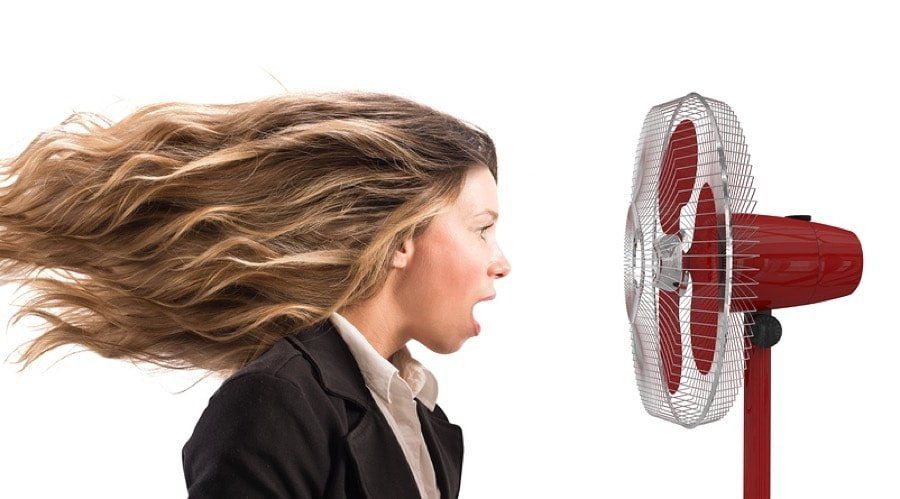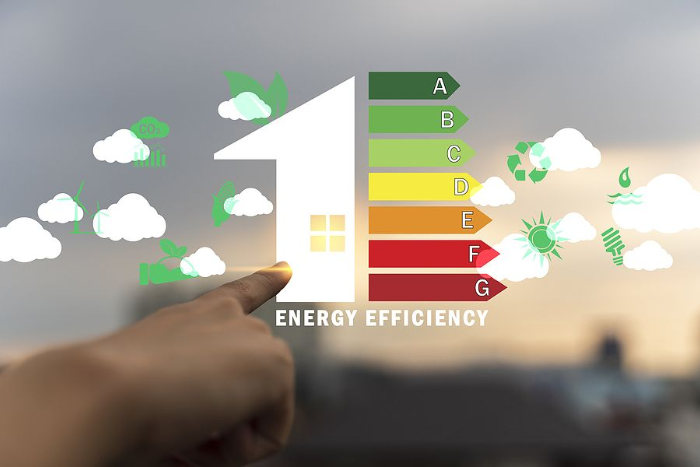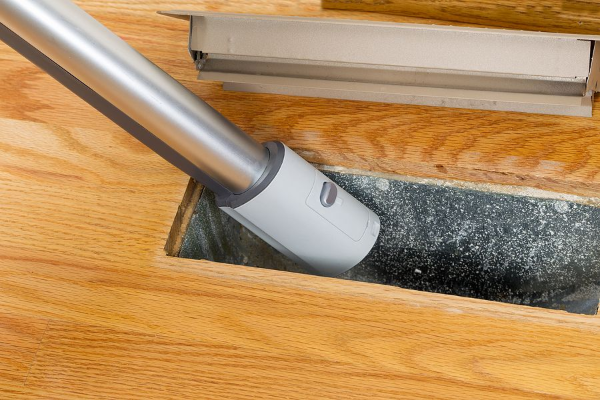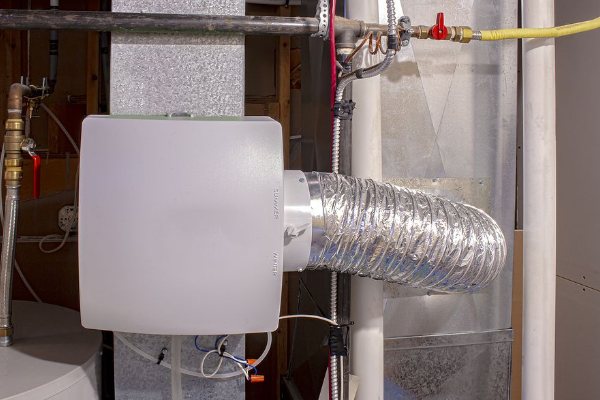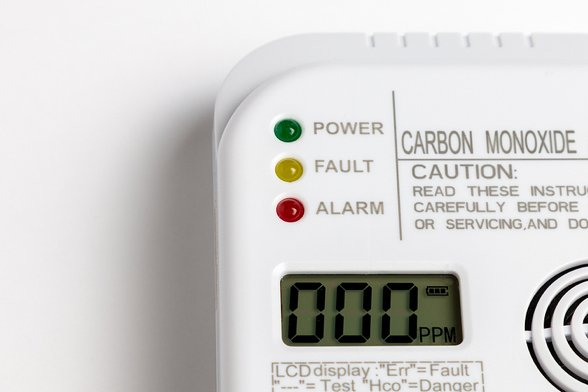The Mechanics of Air Movement
The movement of air inside your home has a major impact on how efficiently it is heated or cooled. If the air movement inside your home causes air to seep outside, you will spend more money and your HVAC system will work harder to ensure your home remains at a comfortable temperature, especially during the winter and summer months. If you believe the air movement inside your home is inefficient, an HVAC contractor in Sonoma and Marin County may be able to help you get your home’s heating and cooling system back on track.
The Stack Effect
Understanding the stack effect is essential if you want to understand air movement inside and outside your home. Hot air is lighter than cold air, so it rises; this is why the upper areas of your home are warmer than your basement. During winter, your furnace produces warm air that rises into the attic and escapes through air leaks and cracks in the upper parts of your home. The heavier, colder air also seeps into through the cracks, making it difficult to keep your home a comfortable temperature.
During the summer months, the opposite happens. Warm air fills your home, pushing the heavier, cooler air out through cracks and leaks. Although the stack effect tends to be less severe during summer, it can still cause you to waste energy and money.
The stack effect is primarily caused by differences in indoor and outdoor air pressure. The difference is most prevalent when there is moisture in the air. Your HVAC system doesn’t just heat or cool air, it dehumidifies it, and when the moist there is excess moisture outside, the cooled or heated air inside will seep out. This is why your attic is more likely to have moisture problems than other parts of your home.
The Problem With Air Leaks
It is essential to adequately insulate your home, but even the most well-insulated homes can have problems with air movement. As previously mentioned, when you run your HVAC system, it causes a difference in indoor and outdoor air pressure. During winter, the difference in air pressure will cause colder, denser air to leak into your home and the converse is true during summer.
Minimizing the Stack Effect
As a homeowner, there are steps you can take to keep the stack effect to a minimum inside your home. You can do this by:
- Weatherstripping windows, doors, and other openings
- Sealing leaks with caulking or expanding foam sealant
- Scheduling a home energy audit
- Ensuring your HVAC system is in prime condition
Scheduling a home energy audit is one of the best things to do if you believe your home is heating or cooling inefficiently. By taking the previously mentioned measures, you can reduce the impact of the stack effect and ensure your home remains comfortable year-round.
Reach Out to an HVAC Contractor in Sonoma and Marin County
Understanding air movement inside your home can be difficult, especially if that air movement is impacting the way your home heats and cools. Fortunately, Next Level HVAC can help you with all of your heating and cooling needs. Reach out to us today to learn more about air movement and your HVAC system.

